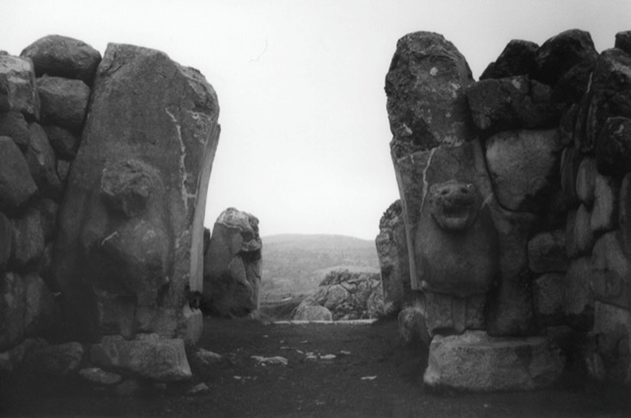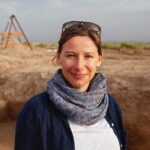June 22, 6:30pm AEST, Hybrid, CCANESA/Zoom
Prof. Claudia Glatz
University of Glasgow
Department of Archaeology
The past two years have served as a stark reminder of how colonial and imperial pasts reach into our presents and shape our social conditions; conditions that are increasingly neo-imperial and neo-nationalist in character. Both discourses appropriate ancient empires and associated concepts of civilisation, and selectively distil their materialities and complicated histories into simplified, binary stories about belonging and difference. This makes the study of ancient empires, such as the Hittite, anything but a neutral academic exercise and now is the time to revaluate the scholarly perspectives we take and the questions we ask of varyingly distant imperial pasts. Both the Hittite textual and archaeological records are skewed towards Hittite state institutions and elites, their ambitions, concerns, and practices of governance. However, even these seemingly state-centric datasets can be looked at from a range of different perspectives and provide us with information on the experiences of subaltern, rural, and societies otherwise opposed to the Hittite state apparatus. In this talk, I want to take stock of extant data sets and ongoing research that attempts to de-centre the archaeology of empire in Late Bronze Age Anatolia, and to point at avenues for future work that will support this agenda.


Claudia Glatz is a Professor of Archaeology at the University of Glasgow’s Archaeology Department. Her research investigates the social, political and economic aspects of early states and empires
in Western Asia and the East Mediterranean as well as cultural heritage protection in the region. In recognition of her work, Professor Glatz has received many prestigious fellowships and grants from the British Academy, the Leverhulme Trust, the National Science Foundation-USA, and most recently an Alexander von Humboldt Foundation Research Fellowship at the Freie Universität Berlin.
Please register here